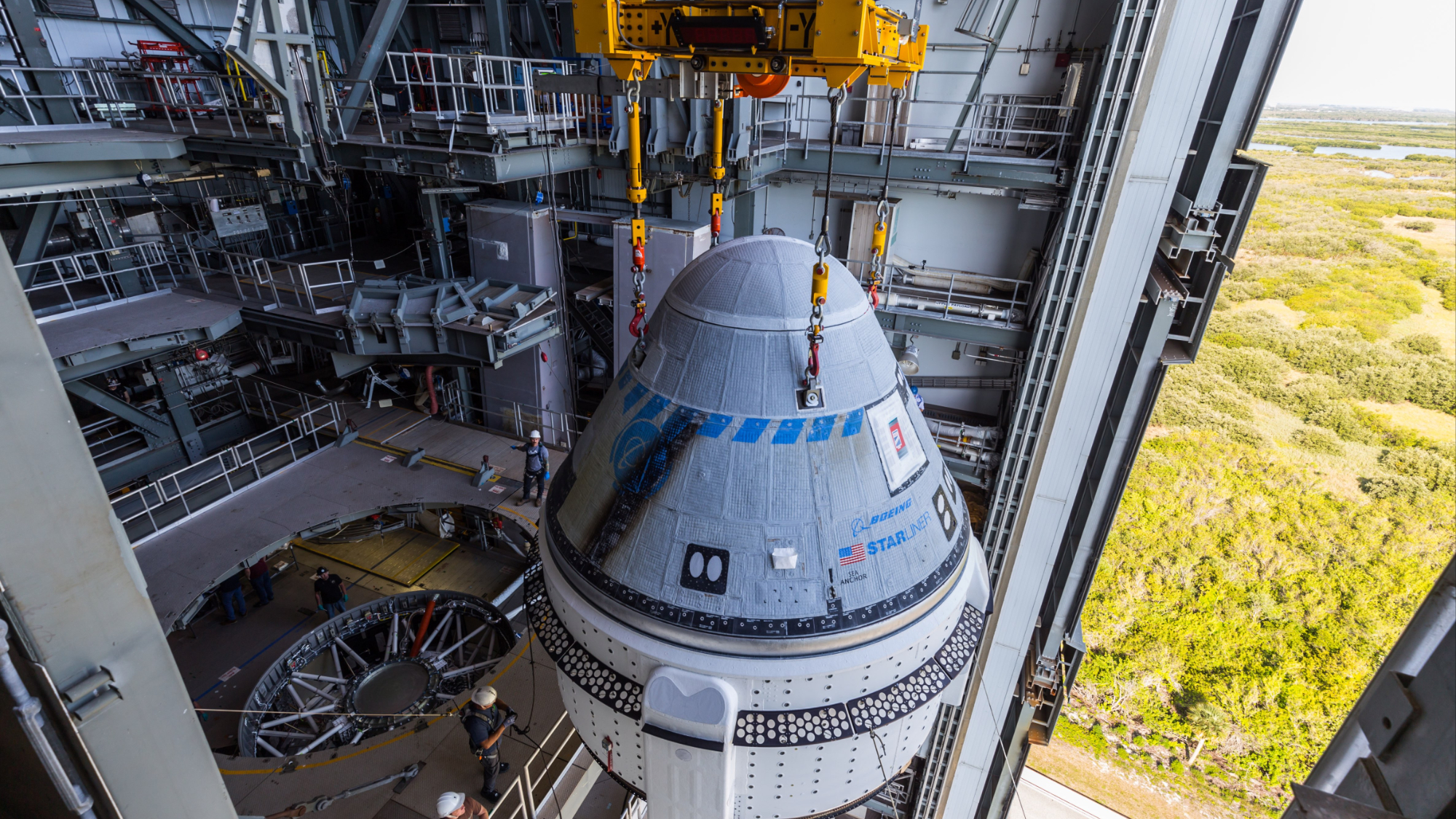Boeing’s CST-100 Starliner is finally set to embark on its highly-anticipated first crewed mission, aiming to prove its capabilities to NASA. The spacecraft is scheduled for liftoff from Kennedy Space Center in Florida on Saturday afternoon, carrying NASA astronauts Barry “Butch” Wilmore and Sunita “Suni” Williams.

Technical Issues and Delays
The launch of Starliner has been beset by technical issues, causing significant delays. Initially scheduled for May 6, the mission was scrubbed due to an oxygen leak on the rocket. Later, a helium leak from the capsule’s propulsion system further postponed the launch. Engineers worked diligently to resolve these issues, with the astronauts temporarily returning to Houston to await the spacecraft’s readiness. Despite the challenges, Boeing has now cleared Starliner for its journey to the International Space Station (ISS).
About the Boeing Starliner
Boeing’s Starliner, part of NASA’s commercial crew program, is designed to transport astronauts to and from the ISS. Boeing was awarded $4.8 billion by NASA in 2014 to develop Starliner, competing with SpaceX’s Crew Dragon capsule. If successful, Starliner will join SpaceX in ferrying crew and cargo to the ISS.
NASA Astronauts on Board
The crew for this mission includes two experienced NASA astronauts: Barry “Butch” Wilmore and Sunita “Suni” Williams. Wilmore, a retired Navy captain, and Williams, a former Naval test pilot, have both flown in space before and will spend over a week aboard the ISS testing Starliner’s systems.
Launch Details and Viewing
Boeing and NASA have scheduled Starliner’s launch atop an Atlas V rocket, manufactured by United Launch Alliance, for 12:25 p.m. ET on Saturday. Live coverage begins at 8:15 a.m. ET on NASA+, NASA Television, the NASA app, YouTube, and NASA’s website. A post-launch news conference is planned, with docking at the ISS expected at 1:50 p.m. ET on Sunday.

This mission is crucial for Boeing as it seeks to demonstrate Starliner’s capabilities and reliability for future crewed missions to the ISS, marking a significant milestone in NASA’s efforts to partner with private industry for space exploration.
